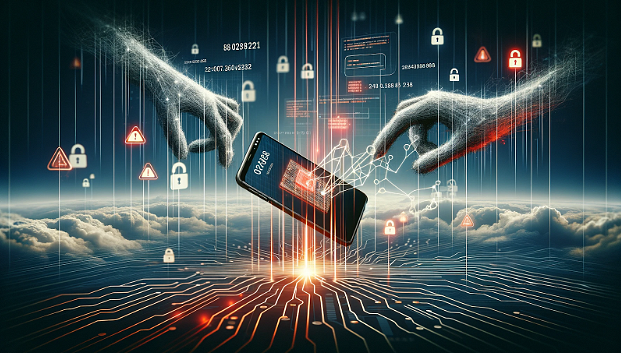Cisco Duo Reports Data Breach Involving MFA SMS Logs

Cisco Duo recently announced the theft of SMS MFA logs for its service, which resulted from a breach affecting a third-party telephony provider. This incident, occurring on April 1, 2024, led to unauthorized access to sensitive customer data, including phone numbers, carriers, and metadata. Importantly, the actual content of the messages was not exposed.
The breach, which was a result of a sophisticated phishing attack, specifically targeted logs from March 2024. In a statement to BleepingComputer, Cisco confirmed that it affected about 1% of Cisco Duo's customer base, approximately 1,000 users. Despite the breach, the telephony provider, who remains unnamed, confirmed that "the threat actor did not download or otherwise access the content of any messages.”
Cisco Duo also clarified in its customer notification that the threat actor did not use their access to the telephony provider’s internal systems to send malicious messages to any of the numbers contained in the message logs. These assurances mitigate some concerns but do not diminish the potential for sophisticated phishing and social engineering attacks using the exposed data.
In response to the breach, Cisco has taken several corrective actions. They have worked closely with the affected provider to investigate the breach, invalidated compromised credentials, and implemented additional security measures.
As part of their customer advisory, Cisco conveyed that "a threat actor gained access to the provider’s internal systems, on April 1, 2024, using a Provider employee’s credentials that the threat actor illicitly obtained through a phishing attack."
Cisco's advisory urged affected clients to notify any of their customers who may have been impacted, to be vigilant, and to report any suspected social engineering attacks promptly.
The tech giant has been targeted multiple times in recent cybersecurity incidents. Akira ransomware exploited vulnerabilities in Cisco VPNs, while Russian hackers have previously targeted flaws in Cisco routers. These incidents show the challenges Cisco faces amidst an evolving threat landscape.



Please, comment on how to improve this article. Your feedback matters!